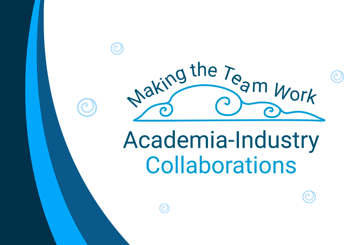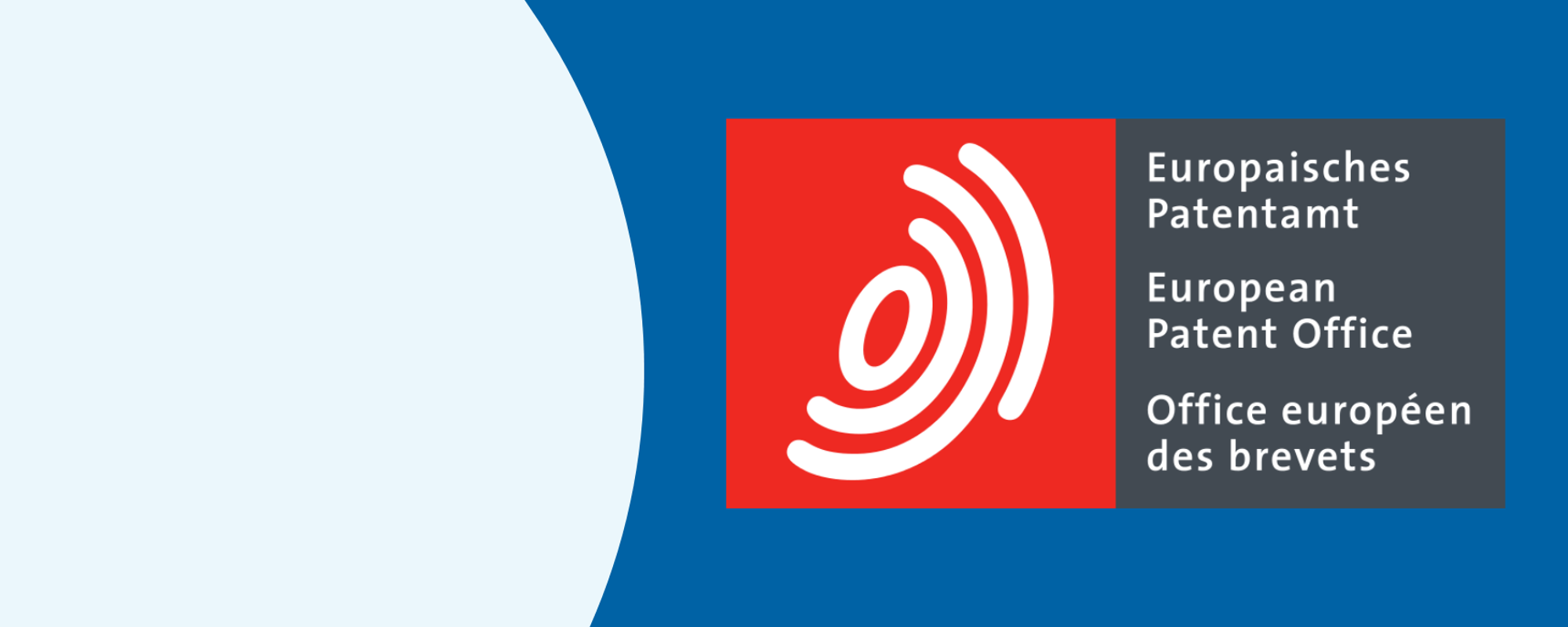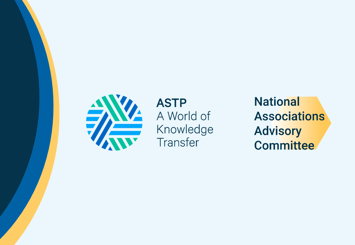
Academia–Industry Collaborations: Moving…
Across Europe, universities and research institutions are being called upon to play a more active role in driving…

Cancer remains one of the most pressing health challenges worldwide, and innovation is at the heart of improving diagnostics and treatment. The EPO study highlights that patenting activity in cancer-related technologies has surged since 2015, driven by advancements in healthcare informatics, liquid biopsies, gene therapy, and immunotherapy. While Europe has a strong research base and a thriving startup ecosystem, the study finds that it faces challenges in scaling innovation to later growth stages, particularly compared to the US and China.
One of the key takeaways from the study is the critical role of universities, public research organisations (PROs), and startups in shaping the oncology innovation landscape. European research institutions have contributed significantly to the development of cancer-related technologies, accounting for 37.3% of all cancer-related patents between 2010 and 2021. However, the study also reveals that Europe struggles to translate early-stage innovation into commercially viable solutions at the same pace as its global competitors.
Knowledge transfer plays a pivotal role in addressing this challenge. The EPO's Deep Tech Finder, a tool that maps investment-ready startups, showcases how research-driven innovation can be leveraged for economic and societal impact. With nearly 1,500 European startups in cancer-related fields, including 1,027 in the EU, fostering connections between academia, industry, and investors is crucial to sustaining Europe's position in global oncology innovation.
Despite Europe’s strong presence in early-stage oncology startups, the study finds that fewer European startups successfully scale to later growth stages compared to their US counterparts. US startups, on average, hold significantly larger patent portfolios, indicating a more mature innovation-to-commercialisation pipeline. Addressing this gap requires strategic investment, policy support, and enhanced collaboration between research institutions and industry stakeholders.
ASTP continues to advocate for robust knowledge transfer frameworks that empower European innovators to bridge this gap. By supporting effective partnerships, technology scouting, and funding opportunities, ASTP plays a vital role in ensuring that cutting-edge oncology research reaches the market and benefits patients worldwide.
The findings of the EPO study align with recent policy efforts, such as the European Commission’s Beating Cancer Plan, which emphasises the importance of research and innovation in tackling cancer. To maintain Europe’s competitive edge, stakeholders across academia, industry, and policymaking must work together to create an ecosystem that fosters innovation while ensuring that groundbreaking technologies reach those who need them most.
By leveraging its strong research base, supporting knowledge transfer, and enhancing collaboration between startups and industry, Europe has the opportunity to drive the next wave of oncology innovation. The ASTP community remains committed to facilitating these connections, strengthening Europe's role as a leader in cancer-related technological advancements.
For more information visit EPO website.
Read the full study here.

Across Europe, universities and research institutions are being called upon to play a more active role in driving…

In an era where universities and research organisations are called upon to deliver more than just excellent teaching…

In the ever-evolving landscape of knowledge transfer, data doesn’t just tell a story—it defines direction. With…
Join our newsletter and get the latest news